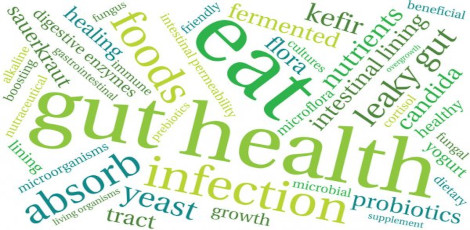Ways to build strong bones as you age
Posted on: 02/Dec/2022 4:31:47 PM

Authored by Dr. Chethana D, Consultant - Rheumatology, Aster CMI Hospital, Bangalore
Our bones and joints make the basic support structure of our body and play a vital role in protecting our organs, maintaining our muscles, and storing calcium. Thus, bone care is essential for our bodies. Till 30 years of age, our body attains its peak bone mass, and our bone formation exceeds the bone breakdown. Thereafter, the reverse remodelling of our bones begins where bone catabolism exceeds anabolism leading to an increase in diseases like osteoporosis, osteopetrosis, and osteomalacia among adults above 30 years of age. These ailing bones are frail and highly liable to fractures and damage and as you grow older you should take steps that positively impact your bone and overall health.
Factors that impact bone health
Several factors can affect your bone health. This includes -
The amount of calcium you consume - A low calcium diet results in diminished bone density, early bone loss and a greater risk of bone fractures
Physical Activity - Lack of physical activity increases the risk of osteoporosis. Physically inactive people have a higher risk of osteoporosis than their more active counterparts.
Alcohol and Tobacco Consumption - Heavy alcohol and tobacco consumption contributes greatly to weaker bones and increases the risk of osteoporosis among both men and women.
Gender - Women are at a greater risk of osteoporosis than men because of less bone tissue
Height and Body Structure - If you are extremely lean (with a BMI of 19 or less) or have a small body frame because of lesser bone mass then you are at risk of poor bone health.
Age - Bones become thinner and weaker once you start ageing.
Family History - If you have a family history of fractures or have a family or sibling suffering from osteoporosis then it also puts you at a greater risk.
Hormone Levels - Issues such as an increase in thyroid hormones can cause bone loss. In women, bone wreckage may increase drastically due to dropping estrogen levels during menopause. The absence of menstruation for a longer duration also increases the osteoporosis risk among women. Similarly, low testosterone levels among men can lead to bone loss.
Eating disorders and medications - Restricting food intake and being underweight can weaken your bones. Weight loss surgery and conditionsns like celiac disease too can affect your body`s ability to absorb calcium. Furthermore, long-term use of corticosteroid medications, such as prednisone, cortisone, prednisolone, and dexamethasone can cause bone damage. Several other drugs such as aromatase inhibitors which are used to treat breast cancer, selective serotonin reuptake inhibitors, some anti-seizure medications, such as phenytoin (Dilantin) and phenobarbital, and proton pump inhibitors increase the risk of osteoporosis.







